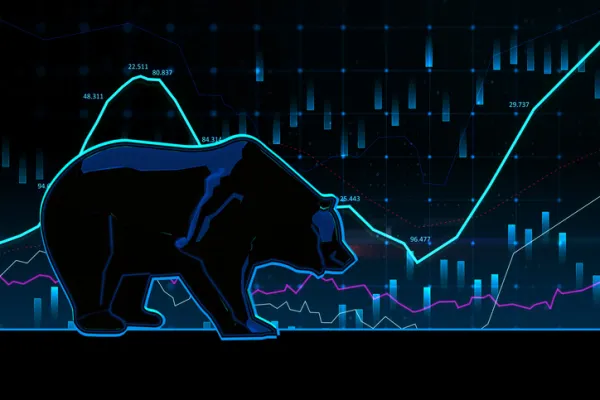It's a start. Most chief executives don't make history by raising £6 million ($11.5 million) on the London Stock Exchange's Alternative Investment Market. Then there's Sergey Evlanchik, CEO of Ukrproduct Holding, a Kiev-based milk and cheese producer.
In February, Ukrproduct became the first Ukrainian company to float shares, as opposed to American or global depositary receipts, on a Western exchange -- a belated inauguration present for President Viktor Yushchenko, champion of the Orange Revolution, who took power on January 23 promising to move Ukraine into the heart of Europe.
Evlanchik, a soft-spoken, dressed-down 29-year-old, already has more than a decade's experience in post-Soviet business. The Kiev native launched his first company, a brokerage and private equity firm, while attending university in Russia's Far East. The venture fell apart after the 1998 financial crash. Luckily, he and business partner Alexander Slipchuk, 37, also owned shares in two dairy plants back home in Ukraine. By 2000 they had parlayed these into controlling stakes. "Our speculative investments all failed, so we had to manage something," explains Evlanchik, who earned an MBA at Oxford in 2003.
Evlanchik then launched Narodny Produkt (rough translation: People's Food) and Nash Molochnik (Our Milkman), two brands of spreadable cheeses, flavored with specks of crab, paprika and bacon. They were instant hits: Half of all Ukrainian families bought at least one package last year. In the first half of 2004, Ukrproduct sales soared to £11 million, up from £7 million in 2001. Profits from January through June were £645,000. Cash from the IPO, which placed 27 percent of Ukrproduct's shares for a market cap of £22.2 million, will help finance a line of butter.
It's a far cry from the billions raked in by Russia's business oligarchs. But Evlanchik is looking forward to growing with his country. "The philosophy of the big Russian groups is that whatever they see, they need to compete in, whether it's crude oil or yogurt," he observes. "Ukraine is a more friendly environment for small and medium-size businesses."




